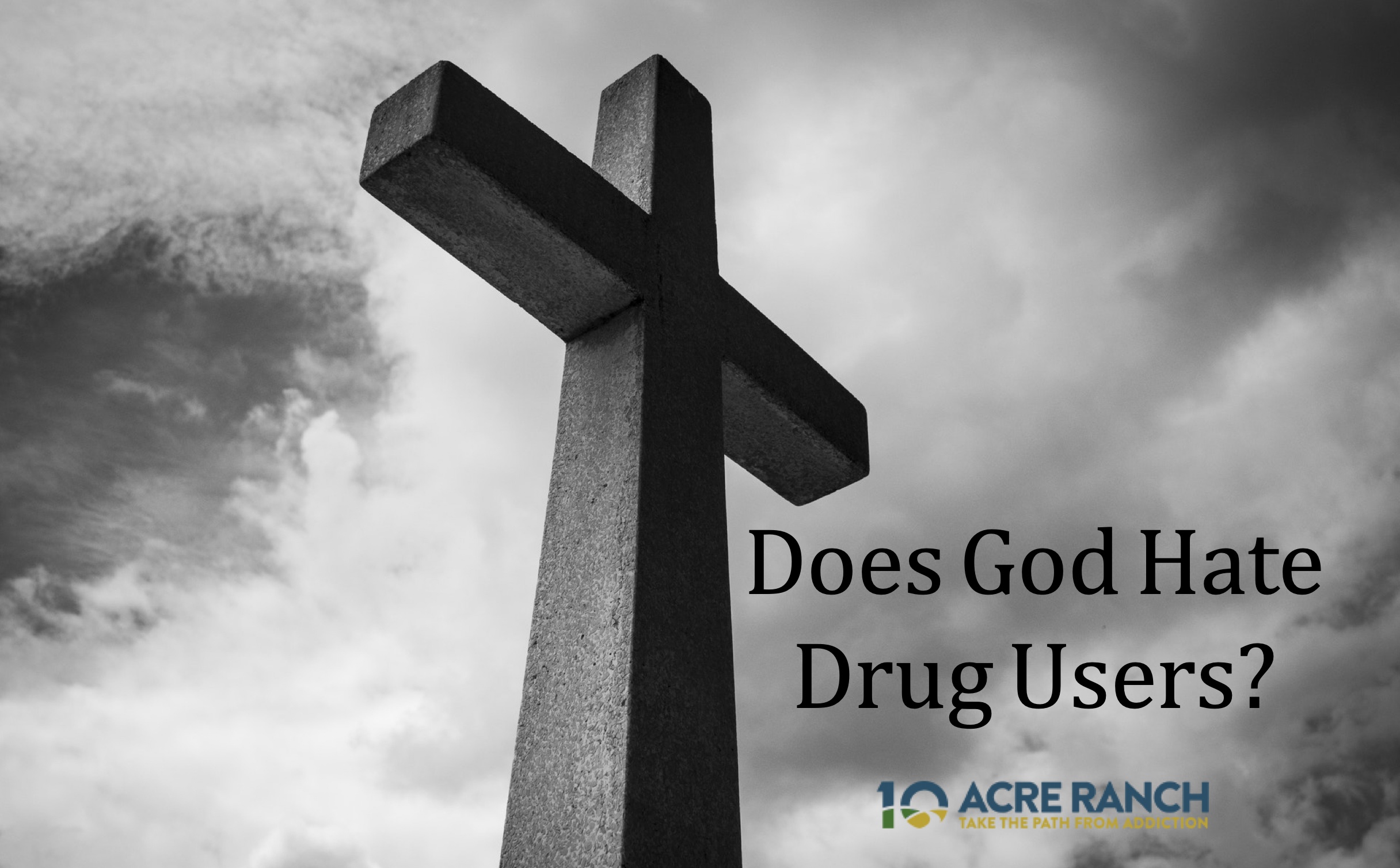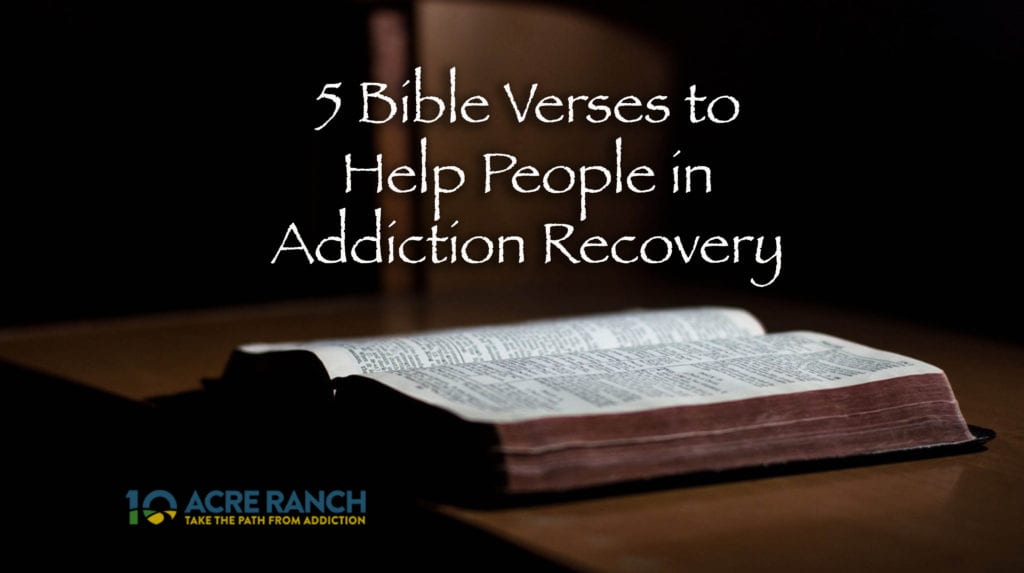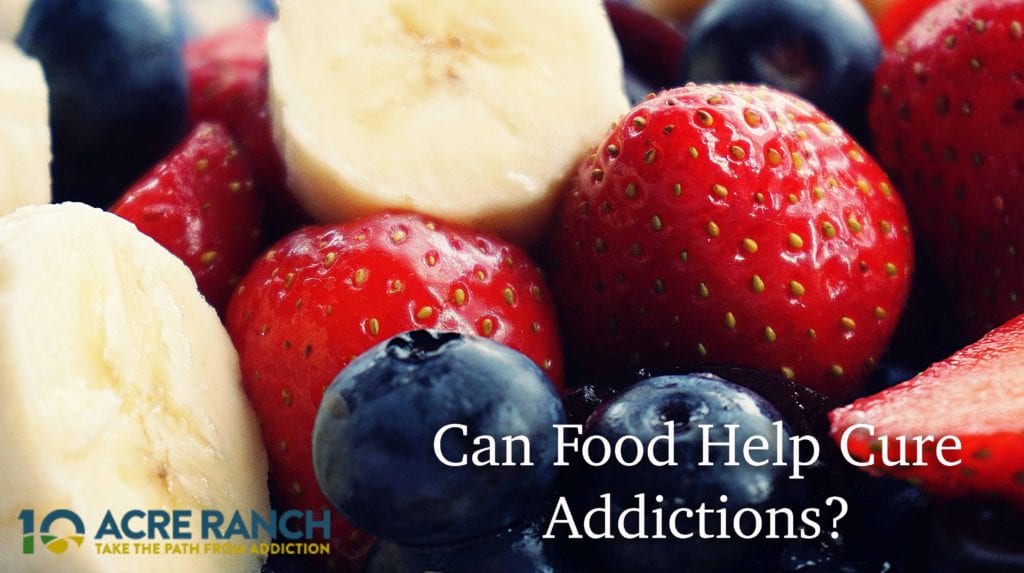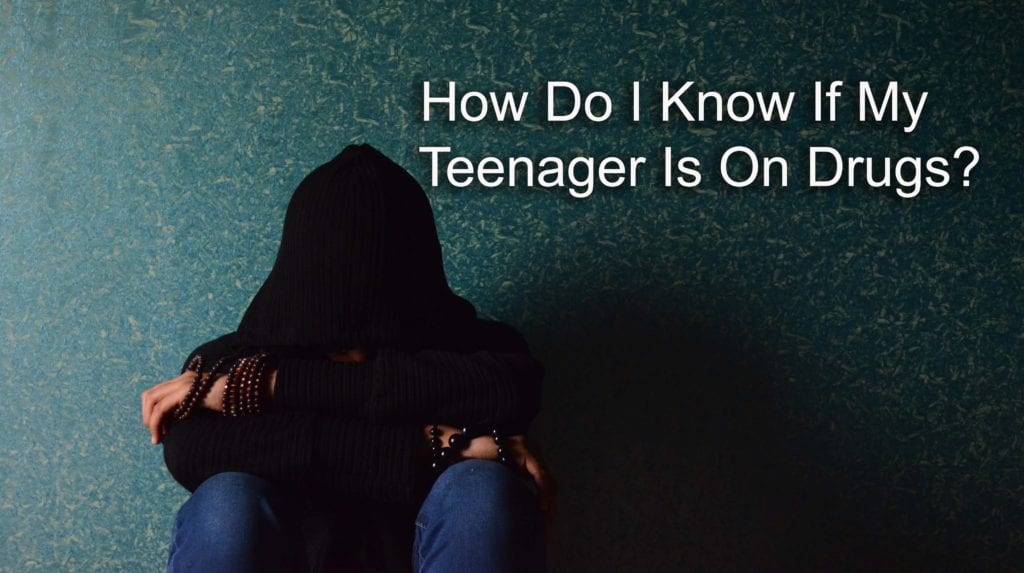holy word and teaching others how to live a moral life, he was sent here to deliver us from our sins,“I have not come to call the …
5 Bible Verses to Help People Who Are Struggling With Addiction and Substance Abuse
Get Help 24/7: 1-866-274-9892 Our non-profit, true-to-form Christian treatment program is unlike many of the others …
Can Food Help Treat Addictions?
deterioration. Many fail to recognize that a lack of proper nutrition is a common issue that plagues people who have struggled …
How do I know if my teenager is on drugs?
However, if your teen is abusing drugs or alcohol, the changes you notice are probably going to be much different than your …
Continue Reading about How do I know if my teenager is on drugs?










